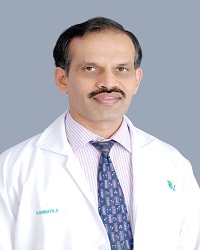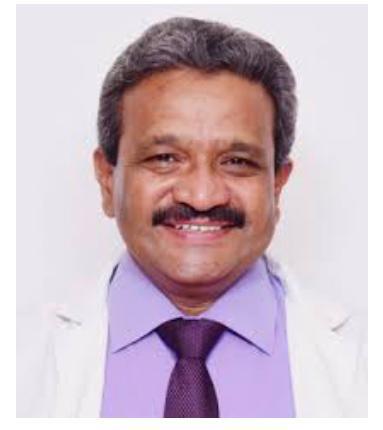Conditions for Which an Incisional Hernia Surgery is Performed:
Here are the various conditions for which Hernia repair doctors may advise this surgery:
-
Surgical Incisions: Following abdominal surgeries, weakened areas in the abdominal wall may develop at the site of a previous surgical incision, leading to hernias. Surgery may be necessary to repair the defect and reinforce the abdominal wall.
-
Recurrent Hernias: These hernias can reoccur after a previous hernia surgery, often in the same area or nearby.
-
Pregnancy: The increased abdominal pressure during pregnancy can weaken the abdominal muscles, potentially leading to hernias in some cases which surgery can correct postpartum helping to restore the abdominal integrity.
-
Obesity: Excessive body weight can strain the abdominal muscles, increasing the risk of hernias, with surgery aiding in muscle repair and strengthening the weakened areas.
-
Chronic Cough: Conditions such as chronic bronchitis or persistent coughing can weaken the abdominal muscles over time.
How is an Incisional Hernia Surgery conducted at Apollo Hospitals in Mysore?
Hernia repair specialists proficiently perform incisional hernia surgery using these steps:
-
Pre-Surgery Assessment: A general surgeon conducts a thorough examination and medical history review of the patients.
-
Anaesthesia: Patients receive either general or local anaesthesia, depending on the procedure’s complexity. General anaesthesia is used for laparoscopic procedures, while local anaesthesia for open procedures.
-
Surgical Procedure: The surgical approach (open or laparoscopic) is chosen based on the patient’s condition. In open surgery, a single incision is made to place a mesh in the abdominal wall, strengthening it. Laparoscopic surgery uses small incisions and a laparoscope to repair the hernia with synthetic mesh.
-
Hernia Repair: A surgical mesh is placed over the hernia defect to reinforce the weakened abdominal wall. It provides additional support and reduce the risk of recurrence.
-
Post-Surgery Care: Patients are monitored and receive guidance on wound care, diet, and activity.
How to Choose the Best Specialist for Incisional Hernia Surgery in Mysore?
Skilled hernia repair doctors are crucial for precise incisional hernia surgery. Patients must opt for competent hernia surgery doctors specialising in both open and laparoscopic surgeries.
Mysore is known for having some of the best doctors for hernia surgery in India along with modern infrastructure. Their expertise and training ensure excellent patient care and outcomes.
Why Plan Your Incisional Hernia Surgery with Apollo Hospitals?
At Apollo Hospitals in Mysore, patient health is prioritised. Their seasoned hernia surgery doctors and advanced facilities aim to provide comprehensive care.
Apollo Hospitals ensures transparent pricing and insurance for hassle-free incisional hernia repair surgery. Patients can reliably place their health in the hands of Apollo Hospitals’ hernia repair specialists.






 Call Now
Call Now





